

In a significant move aimed at revitalizing transatlantic commerce, President Biden and U.K. Prime Minister Keir Starmer have announced the General Terms for the U.S.-U.K. Economic Prosperity Deal, setting the stage for a deeper economic partnership between two of the world’s largest economies. A new Presidential order, published this week, lays out exactly how the United States will begin implementing key pieces of this agreement.
At its core, this deal promises unprecedented market access for American companies selling into the United Kingdom, while easing several longstanding trade barriers that have complicated cross-border commerce. In return, U.K. businesses will benefit from clearer, more stable pathways to export certain goods to the United States under more favorable tariff conditions.
One of the standout provisions is a newly established annual tariff-rate quota for U.K.-made cars. Up to 100,000 vehicles can now enter the U.S. market each year at a reduced combined tariff rate of 10%, compared to the usual 25% levy imposed under prior trade restrictions. U.K. automotive parts used in these cars will also enjoy the lower rate, helping British manufacturers stay competitive in a crucial export market.
Another headline change affects the aerospace industry — a sector where both nations have deep capabilities. Effective immediately, the U.S. will lift tariffs on U.K. aerospace products covered by the World Trade Organization Agreement on Trade in Civil Aircraft. By removing these duties, both governments aim to strengthen supply chains, promote joint manufacturing, and keep their aerospace industries resilient amid global competition.
For the heavily scrutinized steel and aluminum sectors, the deal takes a more conditional approach. The U.S. Commerce Secretary is directed to design and implement new tariff-rate quotas for U.K. steel and aluminum products — but only once the United Kingdom proves it meets strict American standards for supply chain security and domestic ownership. Until then, existing tariffs remain in place.
Beyond cars, planes, and metals, the two countries have agreed to negotiate special treatment for U.K.-produced pharmaceuticals and active ingredients. This depends on the outcome of a national security investigation and on the U.K. meeting clear supply chain safeguards. Additionally, both nations will coordinate more closely when new industries face scrutiny under national security trade laws, aiming to manage risks through dialogue rather than escalating tariffs.
For manufacturers, exporters, and supply chain managers on both sides of the Atlantic, this new framework offers more predictability and opportunities to expand trade. It also shows how trade policy is evolving to balance economic interests with supply chain resilience and national security priorities.
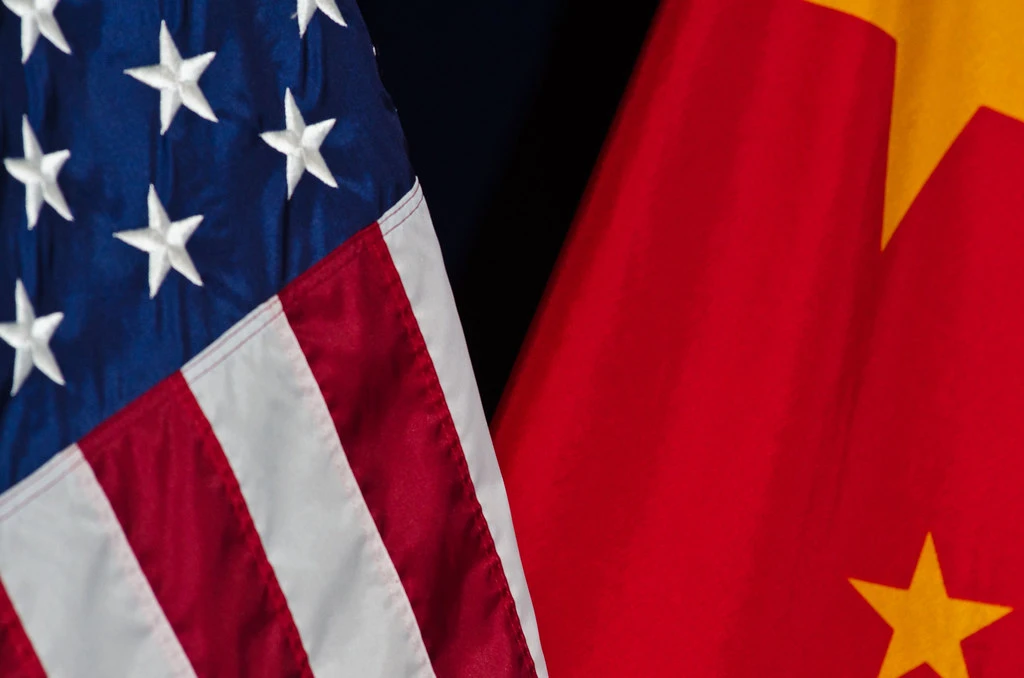
Trump’s latest trade deal with China and South Korea cuts tariffs, boosts U.S. exports, and deepens security and economic cooperation.
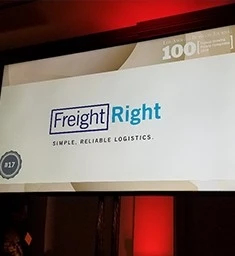
Honored by the Los Angeles Business Journal
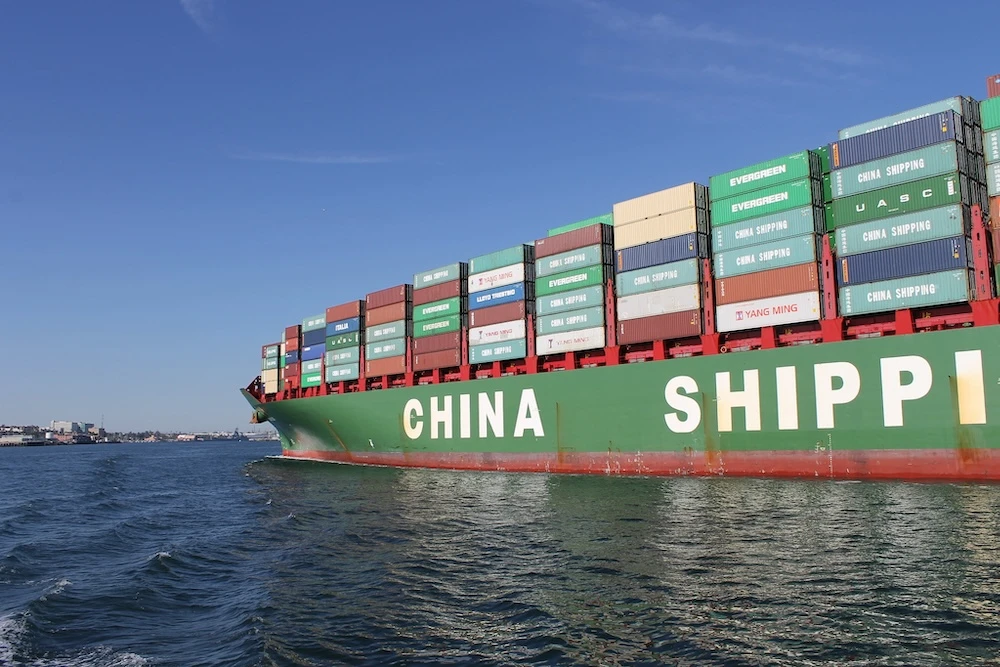
Explore the journey from ‘Buy Now’ to your home in our China-US Ocean Freight Shipping Guide. Discover the trade, environmental impact, and future of shipping.
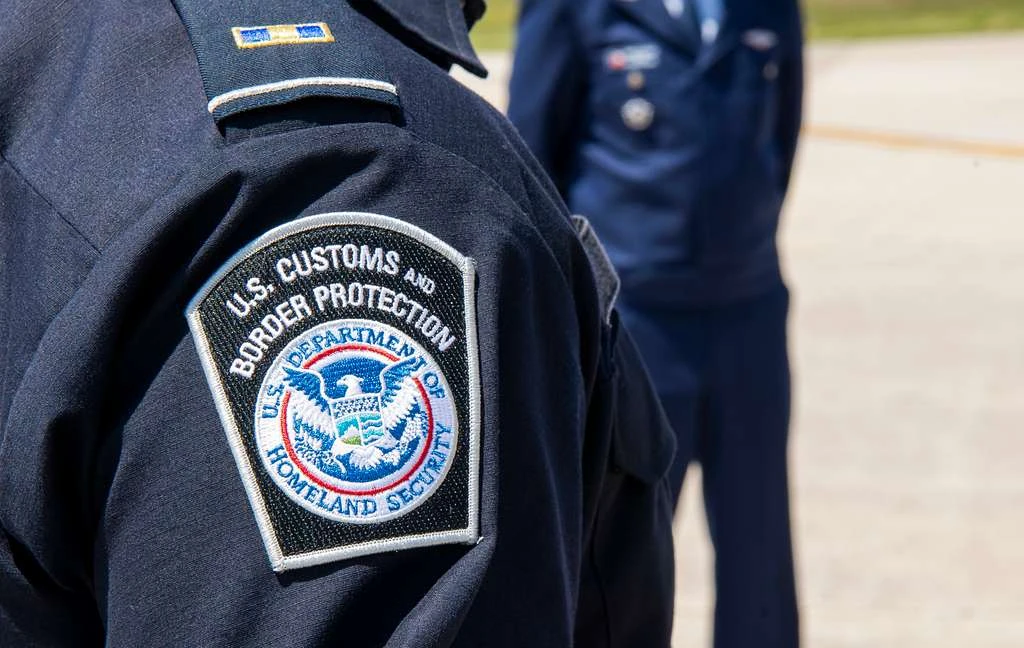
US government announces executive order aimed at stopping de minimis imports. See what will and won't change for US importers.

The Trade Deal signed between the two governments has become subject to much discussion as critics say that it's vague and doesn't address the actual problems.

Freight Right was awarded honor 9th Fastest Growing Private Company by the San Fernando Valley Business Journal.
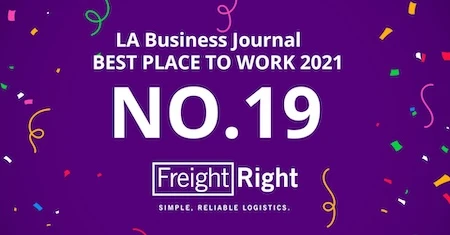
The Los Angeles Business Journal has ranked Freight Right as the #19 Best Place to Work.

Freight Right Global Logistics was among some of LA’s most prominent family businesses to be honored by the San Fernando Valley Business Journal on Oct. 29, ranking #8 for “Top 50 Most Influential Family-Owned Businesses” in the county.

a detailed timeline of U.S. global trade policy changes from April to August 2025, including new tariffs, international negotiations, and their economic impact.
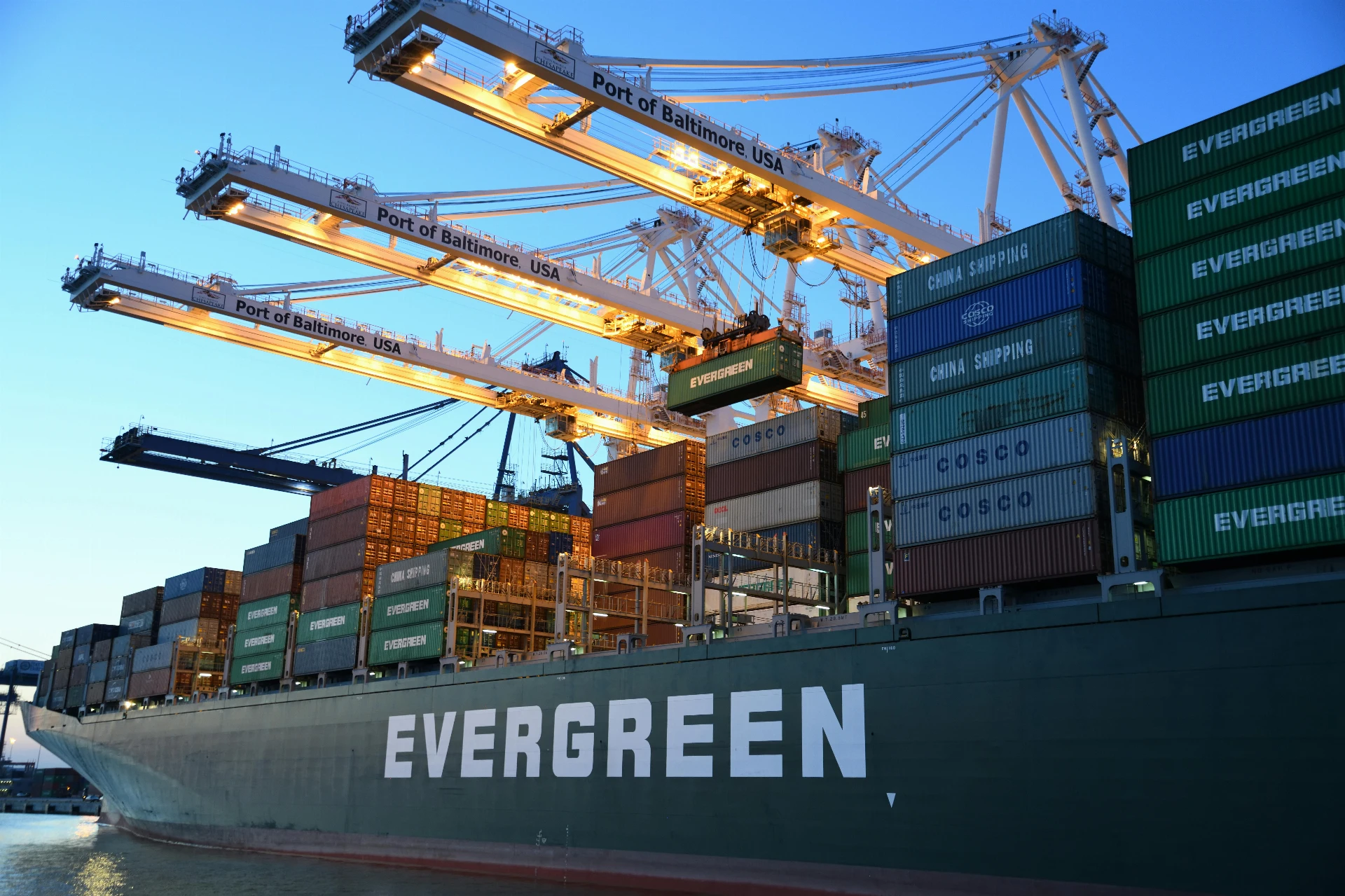
U.S-China trade deal specifics; transpacific freight rates hold steady as carriers plan a $1,000 GRI for Nov. 1, easing fears after tariff threats and muted seasonal demand.